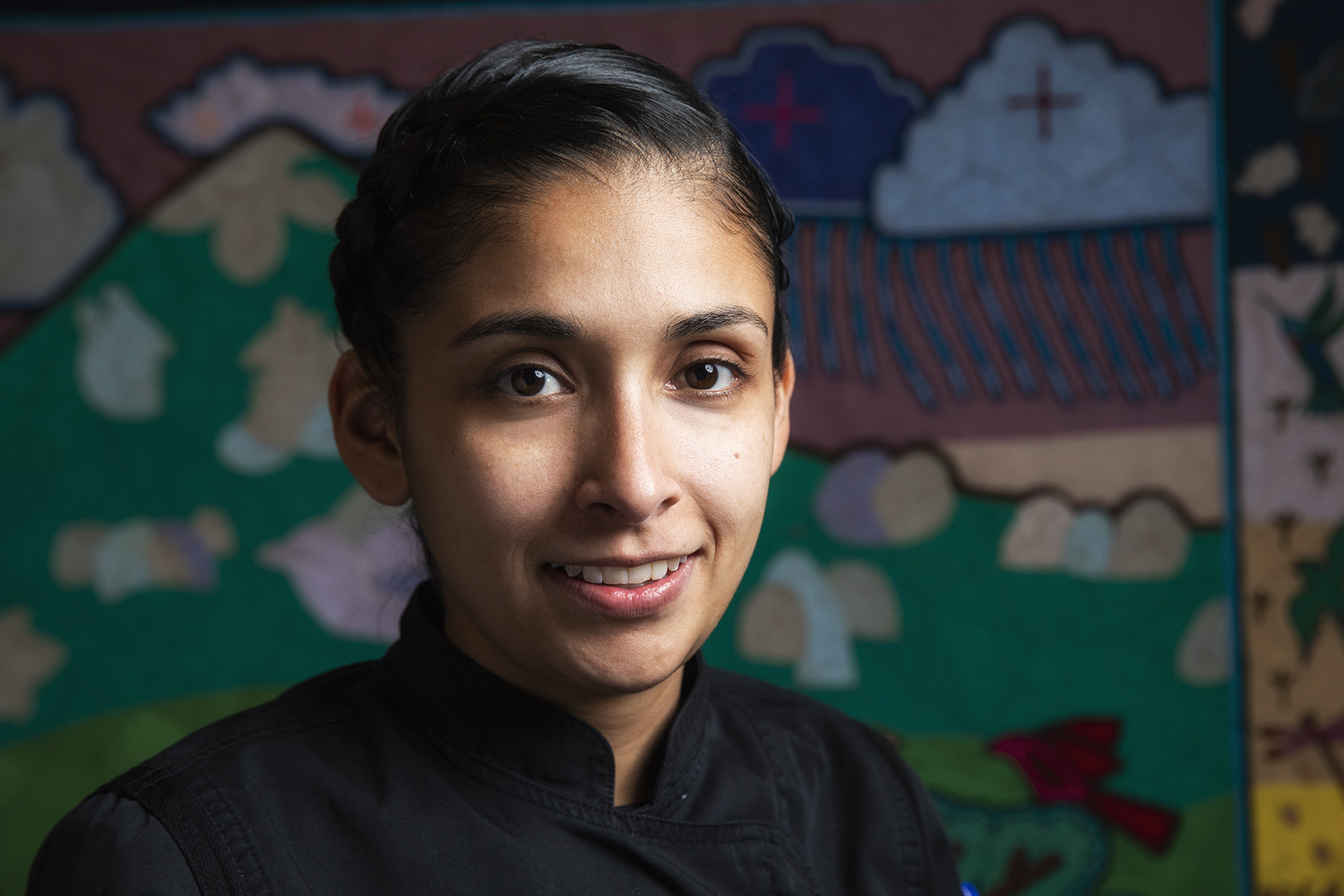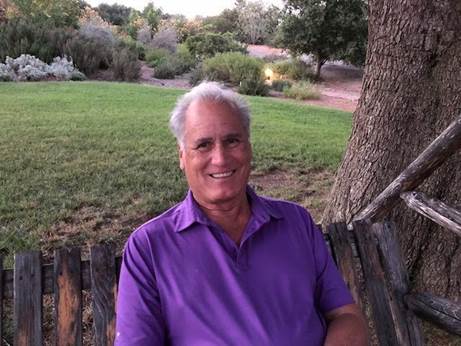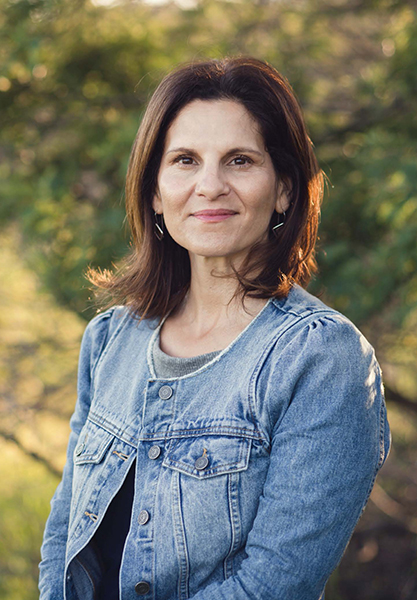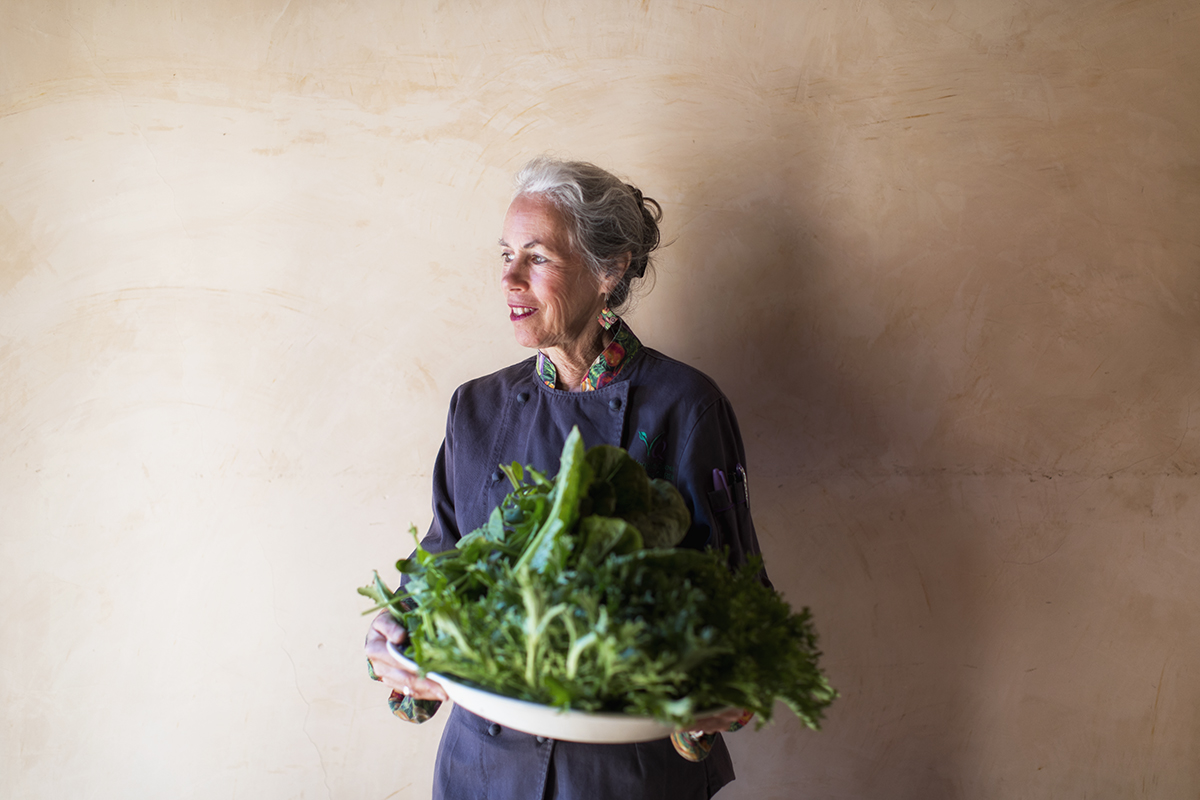The goal of these presentations is to explain what modern psychology, biology, and neuroscience tell us about the ancient practices that are now having a resurgence in popular culture and medicine. When we understand the underlying components of these practices and how they fit our psychological and biological needs, we can use them more effectively and benefit more from them. Each class will present fascinating insights on one ancient practice each session.
Session 1: Compassion Meditation is an ancient practice that we now understand how to use effectively. This session with explain the history and variations of compassion meditation traditions across cultures, define the experience of compassion vs. empathy, and explore the science about how these meditation techniques impact physical health (e.g., chronic pain) and mental health (e.g., PTSD in Veterans), including information about this presenter’s own research.
Session 2: Yoga is an ancient practice that we know understand is a uniquely good fit for our nervous system and psychology. This session will explain the physiological and psychological benefits of breathing techniques, embodiment, distress tolerance and attentional control. Additionally, the presenter’s own research in yoga for mental health will be discussed.
Session 3: Eastern philosophy was first used as a medical treatment in the US in the 1970s for treatment-resistant chronic pain. It is now seen in a range of therapies for mental and physical health. The active components of Eastern philosophy that appear in increasingly common therapies like Acceptance and Commitment Therapy will be discussed in detail, along with experiential exercises that demonstrate the impact.
Session 4: Mindfulness has become a buzz word in our modern culture, with promises of benefits to almost every problem. We will explore the actual practice, why it works, and what the science, brain scans, and clinical practice actually say about it. The presenter’s clinical work will be used as stories and examples of the practice in healthcare.
Session 5: Rituals have been common through time and cultures across the world, but why are they so impactful for human psychology? Western culture has slowly lost emphasis on rituals, e.g., no rituals for becoming a man/woman, death, daily/weekly/annual practices. We will discuss the utility of rituals and creative examples for modern Western life.
 Julie Kangas, Ph.D., is a clinical psychologist, certified yoga teacher, and certified meditation teacher, conducting research at UC San Diego applying yoga and meditation as treatments for mental and physical illness. Julie Kangas also uses therapy techniques that are derived from Eastern philosophy in daily clinical practice.
Julie Kangas, Ph.D., is a clinical psychologist, certified yoga teacher, and certified meditation teacher, conducting research at UC San Diego applying yoga and meditation as treatments for mental and physical illness. Julie Kangas also uses therapy techniques that are derived from Eastern philosophy in daily clinical practice.




























